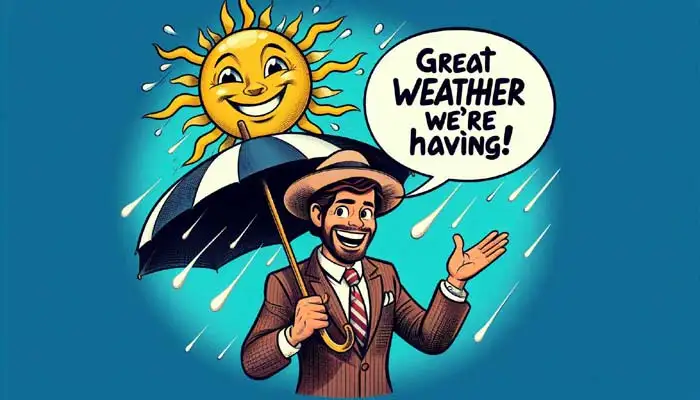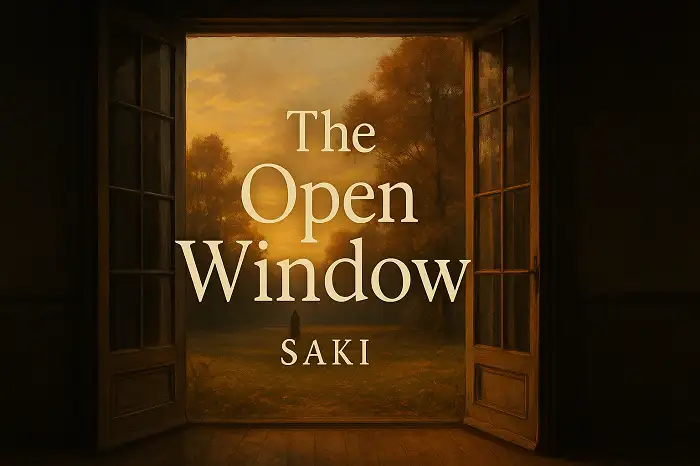Irony definition and meaning in real context with images and visuals /ˈaɪə.rə.ni/ (noun) Definition of irony a situation in which you experience exactly the opposite of what you already expected to happen a literary device in which you say something yet exactly the opposite of what you say is intended for humorous effect, sarcasm, sardonicism, causticity, acerbity, bitterness, causticness, satire, wit, derision, mockery, paradox Video of irony Irony in context Irony is a literary device that uses unexpected or contradictory situations to create humor or dramatic effect. It often involves a discrepancy between what is expected or intended and what ...
Home » English Vocabulary in Context » Irony Definition & Meaning in Context with Images

Irony Definition & Meaning in Context with Images
Updated: by Dr. Mohammad Hossein Hariri Asl
Time to Read: 3 minutes | 223 Views | No Comments on Irony Definition & Meaning in Context with Images
Share This Post
About the Author
Dr. Mohammad Hossein Hariri Asl is an English and Persian instructor, educator, researcher, inventor, published author, blogger, SEO expert, website developer, entrepreneur, and the creator of LELB Society. He's got a PhD in TEFL (Teaching English as a Foreign Language).
Number of Posts: 4242


